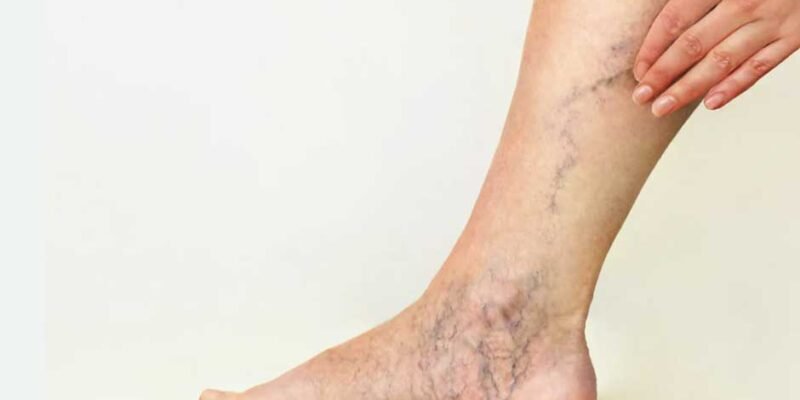
Steps to Take for Relief from Painful Veins
Living with painful veins can greatly affect your quality of life, causing discomfort and restricting mobility. For those struggling with vein disease, finding effective treatment options is essential. This guide offers a clear and comprehensive overview of practical solutions, highlighting non-invasive techniques, medical treatments, and lifestyle changes to help you find relief and regain comfort.
Understanding Vein Disease
Vein disease arises when veins struggle to effectively return blood to the heart, often resulting in pain, swelling, and the appearance of varicose veins. Its causes can vary, from genetic factors to lifestyle habits like extended periods of standing or sitting.
Recognizing Symptoms Early
Recognizing symptoms early can greatly improve treatment outcomes. Common indicators include a feeling of heaviness, aching, swelling in the legs, and visible discoloration of veins. If you notice these signs, consulting a vein specialist is essential.
Lifestyle Changes for Managing Vein Disease
Making lifestyle changes is often the first step in treating vein disease in Tulsa. These adjustments can ease discomfort and help slow the progression of the condition, offering both relief and long-term benefits.
Diet and Exercise
Maintaining a healthy diet filled with anti-inflammatory foods, combined with a consistent exercise routine, can significantly enhance circulation and fortify vein walls. Low-impact activities such as walking, swimming, and cycling are especially effective for individuals managing vein-related conditions.
Weight Management
Maintaining a healthy weight reduces pressure on your veins, alleviating symptoms and slowing the progression of vein disease. Weight loss can be particularly effective for those struggling with obesity-related vein issues.
Medical Treatments Available
For individuals whose symptoms persist despite lifestyle changes, we offer a range of medical treatments designed to alleviate discomfort and enhance venous health.
Compression Therapy
Compression stockings offer an easy and effective way to enhance blood circulation in the legs, helping to alleviate pain and reduce swelling. They are particularly beneficial for individuals managing chronic vein disease.
Minimally Invasive Procedures
Advanced treatments like sclerotherapy, radiofrequency ablation, and laser therapy offer effective solutions for vein issues. These procedures work by sealing off damaged veins, redirecting blood flow to healthier ones, and alleviating pain and swelling.
Selecting the Right Vein Treatment Specialist
Selecting the right specialist is essential for the effective treatment of vein disease. Seek out experts who focus exclusively on venous conditions and have a proven history of delivering successful patient outcomes.
Importance of Specialist Consultation
A specialist will conduct a comprehensive diagnosis and develop a customized treatment plan tailored to your unique condition and health objectives. This personalized approach ensures you receive the most effective and suitable care for your vein disease.
Long-Term Management and Care
Managing vein disease is an ongoing process that requires consistent treatment and careful monitoring. Partnering with your specialist to develop a personalized, long-term care plan is key to maintaining healthy veins and achieving lasting results.
Routine Check-Ups and Lifestyle Adjustments
Regular check-ups allow your specialist to monitor the progression of vein disease and make necessary adjustments to your treatment plan. Equally important is maintaining lifestyle changes, which play a key role in managing symptoms and minimizing the risk of future complications.
Conclusion
For those struggling with painful veins, understanding effective treatments for vein disease is essential for improving both health and quality of life. Left untreated, vein disease can lead to discomfort, swelling, and other complications. Fortunately, symptoms can often be managed through simple lifestyle changes, such as staying active, maintaining a healthy weight, and avoiding prolonged periods of sitting or standing. For more advanced cases, medical interventions like minimally invasive procedures or medications offer targeted solutions. Consulting a vein specialist ensures a tailored treatment plan and the best path to long-term relief. With the right combination of strategies, individuals can alleviate symptoms and enjoy a healthier, more comfortable life.






